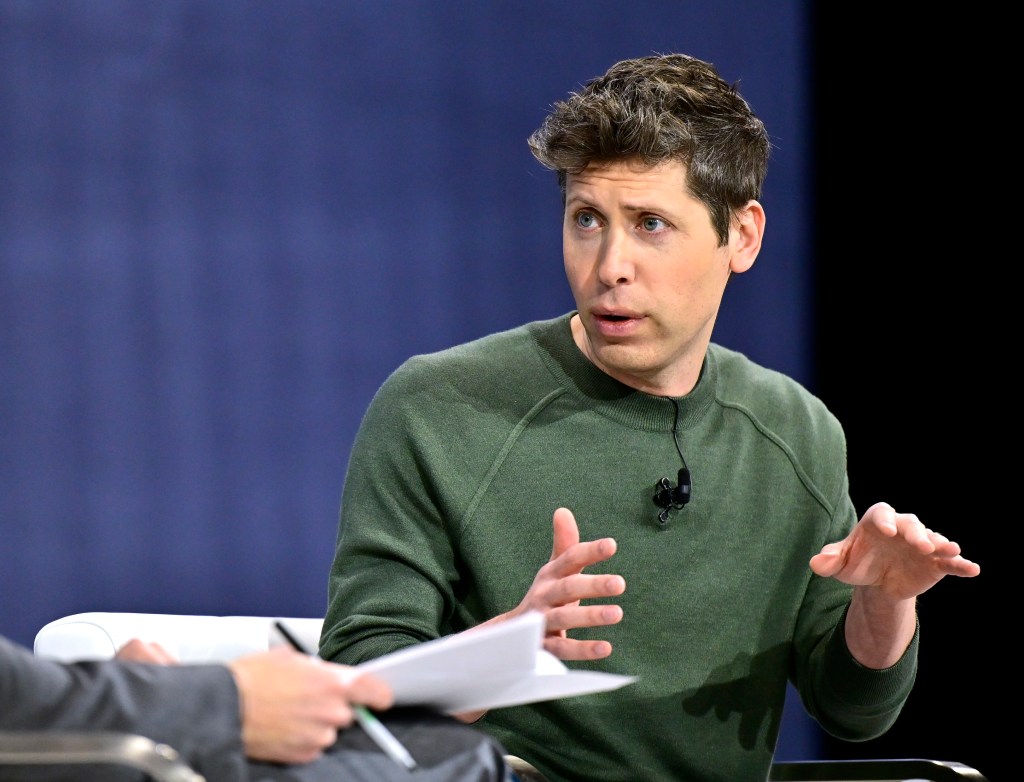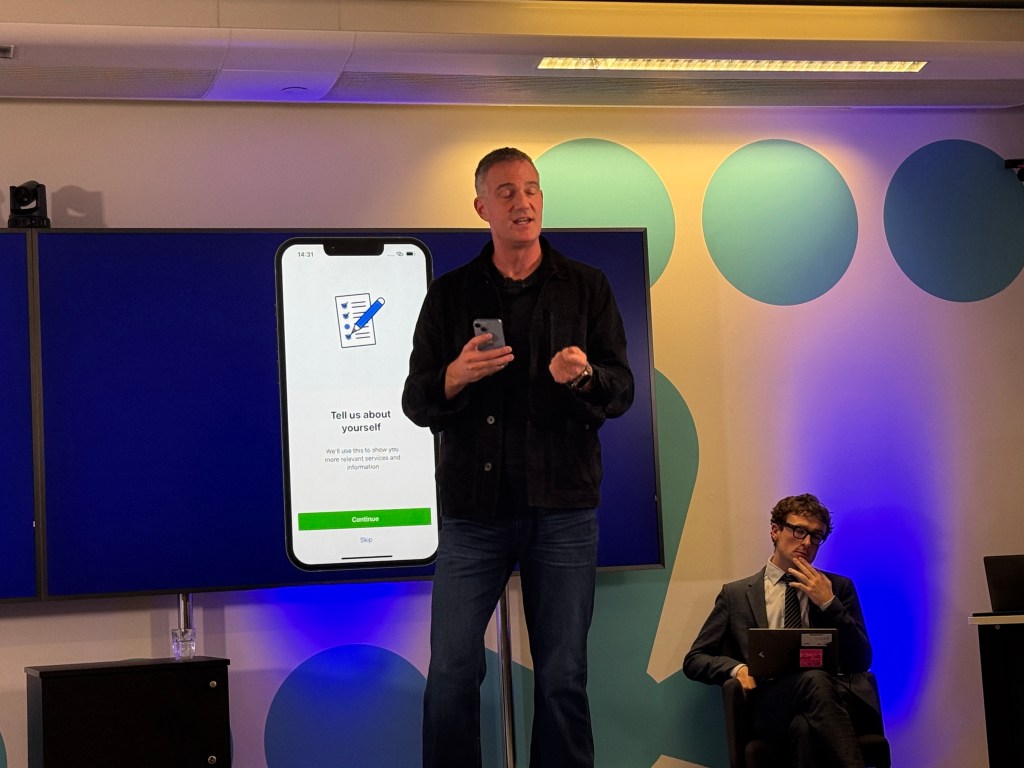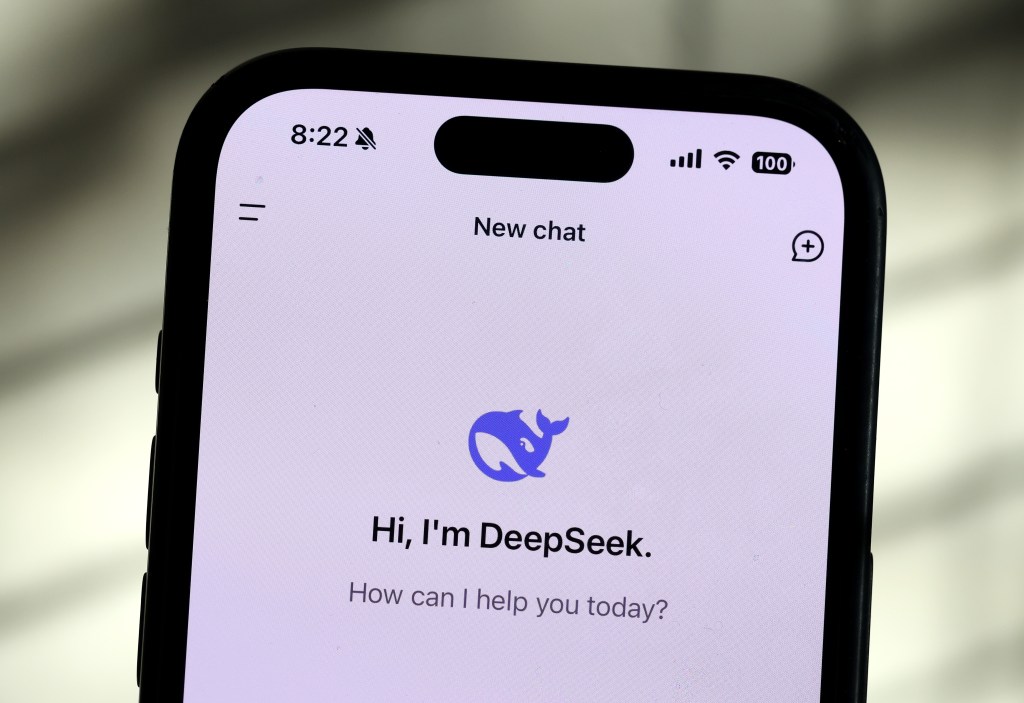OpenAI CEO Sam Altman’s tech venture ‘World’ has caught attention with its new initiative. This project aims to develop mechanisms to connect certain AI assistants with people’s online personas. This will allow users to confirm that an AI agent is acting on their behalf, reports the venture’s Chief Product Officer Tiago Sada.
Formerly known as Worldcoin, Altman’s World is a project in collaboration with Tools for Humanity, by Altman and Alex Blania. With the increasing difficulty in distinguishing between humans and AI agents on the internet, World aims to create digital tools for “proof of human”. After a unique identifier is assigned to you on the blockchain based on an eye scan, you can authenticate your human status.
The venture has had its share of challenges, including temporary bans in some countries and a controversy where European users demanded deletion of their biometric data. The name change from Worldcoin to World indicates a shift from crypto focus to stress more on human verification.
While this new direction of legitimizing AI agents might seem a shift from World’s mission, Sada believes it’s a crucial and logical progression. As Sada says, it’s essential to, “delegate your ‘proof of personhood’ to an agent… you will also allow AI agents that represent a real human.”
Future potential of World’s ID technology includes licensing AI agents to act on your behalf. World anticipates a crucial role for its tools for AI in the near future, asserting that its proof of human tools currently distinguishing bots from humans could help individuals manage a network of AI agents online.
Sada demystified the shift, “There’s certain apps where it doesn’t matter if an actual person is using it, or an agent acting on their behalf. You just care to know there is a person endorsing that interaction.” Sada expects businesses may modify their permissions to let specific AI agents use their services, which can potentially increase their customer base.
This approach already caught the attention of giants like Uber, Instacart, and DoorDash who are in talks with OpenAI for their new Operator agent to use their platforms. This could lead to a paradigm shift where future customer interactions are facilitated by AI agents.
There is, however, a need to guard against potential internet threats like DDOS attacks and scams. Sada proposes regulating the number of AI agents per person as a solution. This way businesses can enjoy the benefits of the incoming traffic without compromising their sites’ security.
As futuristic as Altman’s ventures may seem, they all synergistically create a network of tools empowering a future centered around AI and OpenAI.
Original source: Read the full article on TechCrunch



